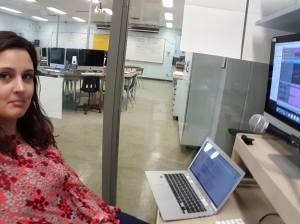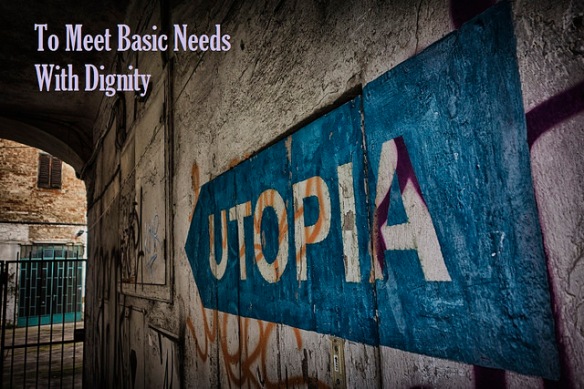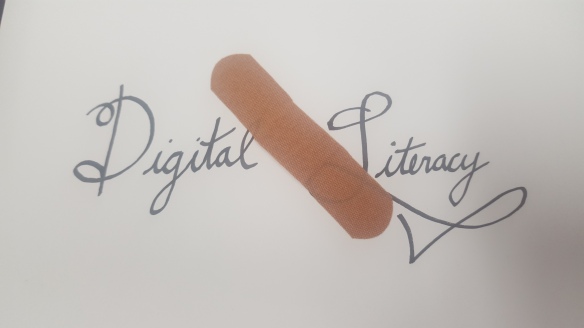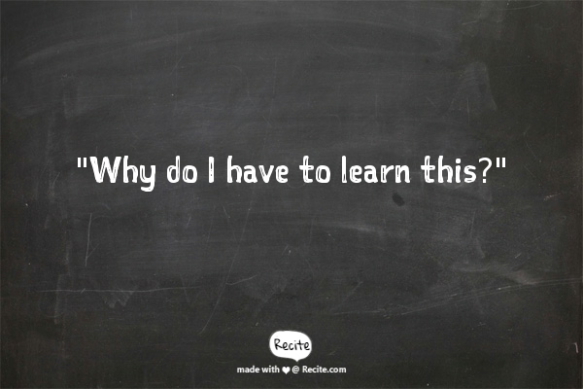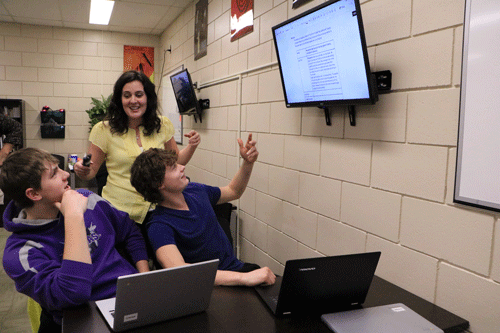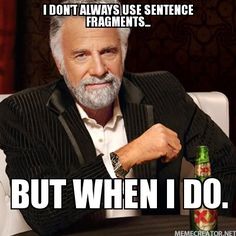Well, I am going to be honest. Every single time I had to write a reflection for my major digital project, I thought of this poem by Peggy Smaith Krachun:
Cursor, Cursor, blinking Cursor Shade of iridescent green Cursor in the "Home" position On my new computer screen Cursor at the starting gate Chomping at the bit and byte Pawing at the screen, impatient Nagging me to start to write Cursor poised for the race In position One, Line One Waiting for a brilliant word To set off the starting gun Until now a plain old scribbler Was the only thing I'd use On it I would draw and doodle While I waited for the Muse Now I have winking cursor Mocking me in brilliant green Have you ever tried to doodle On a blank computer screen? Nagging cursor, cursor cursor Blinking on without a sound Go away until I'm ready I'll never write with you around.
I really appreciate how EC&I 831 takes educational theories and puts them into practice. Honestly– it’s a tough and rare thing to do. This class has demonstrated how powerful participatory culture can be. I’ve met a lot of supportive classmates throughout this blogging journey who I will continue to engage in dialogue with. However, I seriously struggled with posting progress on this project.
I pretty much summed up how my digital project went in a previous blog post. The golden rule that I had discussed is something that I am terrible at remembering for myself: continuously reinforce that progress is more important than end result. I never used to consider myself an academically inclined individual — seems weird to even type that out at this point in my life — but this project has demonstrated just how much I have been raised in an environment of the end product being the only thing that matters.
Each time I started a blog post to reflect on my major digital project, I stared at my computer screen for a ridiculous amount of time. Damn that blinking writer’s block cursor! I’m not going to lie, there is a big part of me that wants to talk about how my project was all sunshine and rainbows but I am going to #keepitreal and give you both the positives and negatives:
Sunshine and Rainbows:
- High level of engagement – Students having the ability to choose and change their skill made them excited to research about it. I never had students complain about working on their major digital projects.
- Students would teach each other (and me) what they were learning. While I initially thought this would take place through comments on the blog hub I created, students discussed what they were learning in person to their peers. And the Jedi becomes the master!
- I used some of the readings in this class to show relevancy of what they were doing. I think reminding them to focus their attention while technology surrounds them is a necessary behaviour to learn.
- I adapted this project for students who did not enjoy writing in ELA. Many students reflected on a construction, welding, or mechanic project that they were currently working on (cross-curricular).
- Students were able to work on this assignment when they finished other ELA work early since assessing and reflecting is a continuous process.
- Sometimes I include “Grammar of the Week” into their blog posts so they can practice skills we are learning in class while they assess and reflect on their skill.
- I was able to build stronger relationships with students because this assignment offered me a lot of opportunity to discuss their passions and hobbies. As Rita Person states in a TED talk discussing the importance of being a kid’s champion: “Kids don’t learn from people they don’t like.”
What’s the opposite of sunshine and rainbows? Rain? Failures? I’m going to title this “Feedback” because failure implies I’m not going to adapt this project in the future (boo-yah, word win)
Rain/Feedback
- Setting up blogs for students is a lot more difficult when they are in high school. Being a new teacher, I sometimes forget I need to explain the purpose of hyperlinks, where to put images, why titles are important, etc. I know this will improve over time but it’s frustrating when I forget how much modelling I need to do to support students.
- My blog hub isn’t working for all my students and I’m at the point where I have given up on it. I am trying to get their feeds into my site slowly but this is my first year teaching ELA so I need to prioritize my time (right now it’s planning engaging activities and marking).
- I wish I would have adapted a rubric earlier because students’ posts have improved since creating it. I always see students looking at the rubric as they write the progress posts now. It has also decreased the amount of time I get, “But, Ms. Koskie, what should this post have on it?”
- I need to reinforce that students should be looking at a variety of resources. Some students are only using one or two resources, but part of this assignment is to recognize how many online programs can help them learn.
- Keep whatever date you decide to do this project on consistent. I forgot how important routines and being consistent is for students. Once I started making this project due on Mondays, students understood my expectations.
- Right now I am using Moodle for most of my classes but I would like to set up a classroom blog next semester so students are familiar with using wordpress.com. I also think it’s valuable to open up my classroom so other’s can learn from what is taking place in my class.
Implementing this projects TAKES A WHOLE LOT OF TIME AND ENERGY. I think it will be worth it in the end!
I feel like there is a pretty cliché English teacher way to end this…. are you ready? Oh man, I am pretty excited about this:
 Yeah, it happened.
Yeah, it happened.
- Koskie Out!


